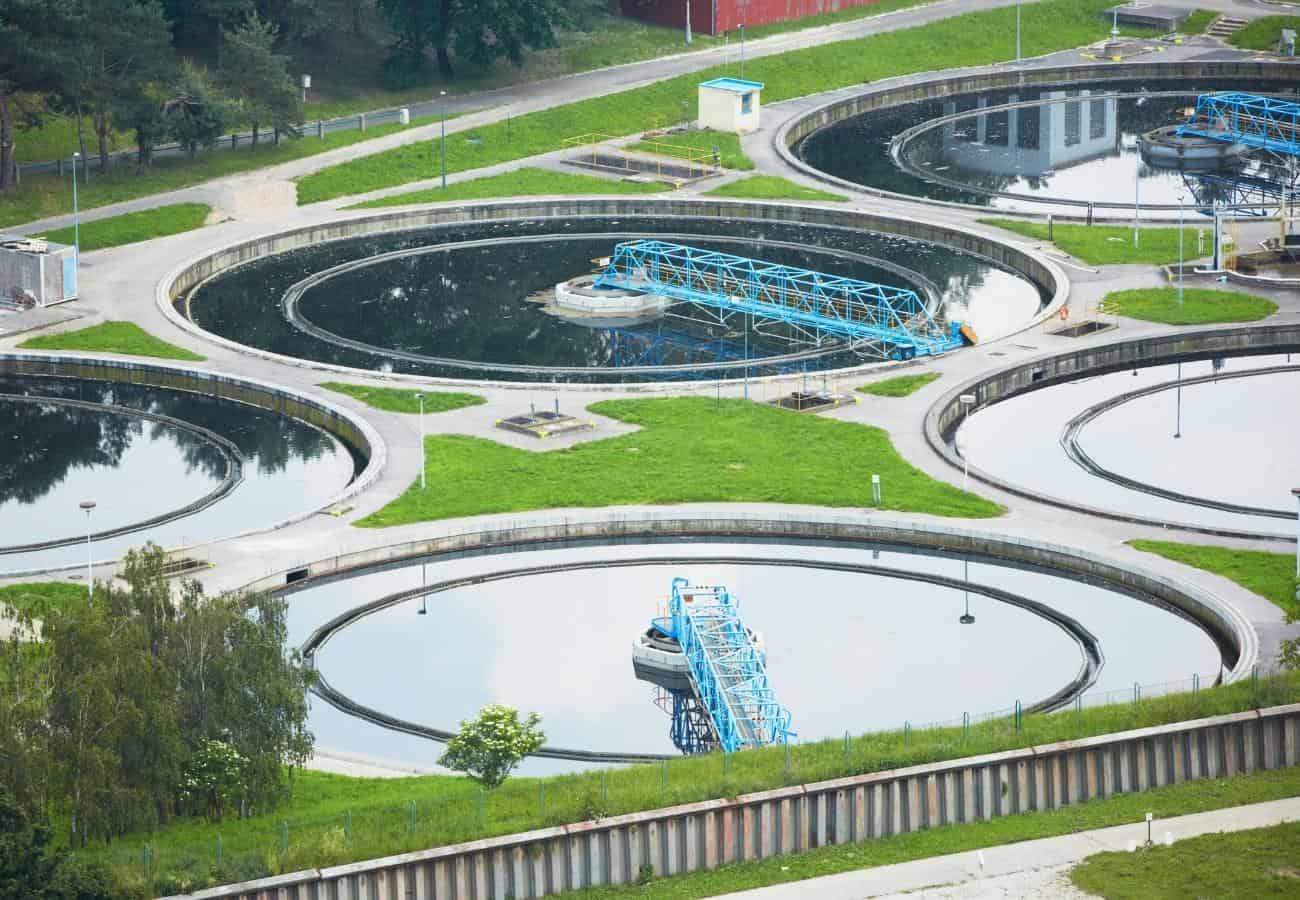Wastewater treatment is a crucial process that ensures the protection of our environment and public health. In Malaysia, as in many other countries, wastewater treatment plants play a vital role in treating and purifying water before it is released back into rivers or used for other purposes. Turnkey wastewater treatment services face several challenges that hinder their efficiency and effectiveness.

Key challenges faced by wastewater treatment plants in Malaysia.
1. Limited Technical Expertise: Malaysia faces a shortage of qualified professionals to manage and operate wastewater treatment plants. This lack of expertise limits the implementation of advanced wastewater treatment technologies and the optimization of existing systems.
2. Limited Funding: The Malaysian government has not allocated sufficient funds to expand and improve wastewater treatment plants. This has resulted in a lack of reliable infrastructure and equipment necessary to sustain and upgrade wastewater treatment plants.
3. Lack of Regulatory Enforcement: Although there are regulations in place to ensure the proper treatment of wastewater, there is often a lack of enforcement of these regulations. This can be attributed to the limited resources available to the authorities responsible for enforcing these regulations.
4. Limited Public Awareness: The Malaysian public is largely unaware of the importance of wastewater treatment and the need for proper disposal of wastewater. This lack of awareness can lead to improper disposal of wastewater, resulting in pollution and the spread of disease.
Conclusion:
Wastewater treatment plants in Malaysia face several challenges that hinder their ability to effectively treat and purify wastewater. Inadequate infrastructure, insufficient funding, ineffective regulatory frameworks, lack of public awareness, industrial pollution, and climate change are among the key challenges faced by these plants.
